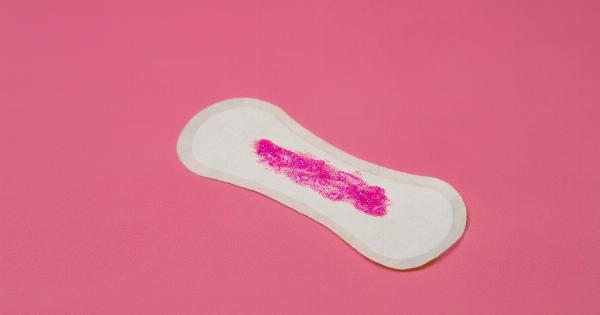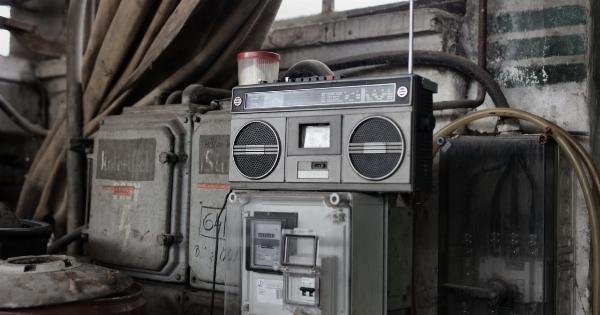Alcohol is a popular beverage enjoyed by many people worldwide. Although alcohol consumption can be enjoyable, it’s important to consider how it affects your body. People with allergies may wonder if it’s safe to drink alcohol.
This article discusses the connection between allergies and alcohol, types of reactions to alcohol, and guidelines to follow if you have an alcohol allergy.
The Connection Between Allergies and Alcohol
Alcohol has been known to trigger allergic reactions in some individuals. Alcohol contains histamine, which is a chemical substance present in certain foods and drinks, including wine, beer, and spirits.
Histamine is produced when food ages or ferments, and it triggers an allergic reaction in some people. Alcohol also contains sulfites, which can cause allergic reactions, especially in people who are sensitive to them.
Additionally, individuals with pre-existing allergies or asthma may be at a higher risk of experiencing allergic reactions if they consume alcohol.
This is because alcohol can irritate the respiratory system, leading to inflammation and discomfort in the bronchial tubes and airways. Allergens and irritants in the air may exacerbate these symptoms, making it challenging for people with allergies or asthma to breathe.
Types of Reactions to Alcohol
Alcohol allergies come in various forms, ranging from mild to severe. Here are some of the most common types of reactions:.
Allergic Contact Dermatitis
Alcoholic beverages can cause skin irritation or rashes in some people. This type of reaction is called allergic contact dermatitis. The skin may become red, itchy, scaly, or inflamed.
This reaction usually occurs when someone has direct contact with an allergen, such as sulfites in wine or beer.
Respiratory Symptoms
As mentioned earlier, alcohol can cause respiratory symptoms in people who are allergic or sensitive to it. Symptoms may include wheezing, coughing, shortness of breath, or bronchial spasms.
These symptoms usually occur shortly after drinking alcohol and can last for several hours. In severe cases, anaphylaxis may occur, which is a life-threatening allergic reaction that requires immediate medical attention.
Facial Flushing
Facial flushing is a common reaction to alcohol consumption, especially in individuals of Asian descent.
This occurs because of a genetic deficiency in the enzyme that breaks down alcohol, causing acetaldehyde (a toxic substance) to accumulate in the body. Flushing can lead to a warm, red, and itchy face or neck.
Alcohol intolerance
Alcohol intolerance is not an allergy but can produce similar symptoms when an individual consumes alcoholic beverages. This reaction may cause headaches, stomach upset, skin flushes, or nasal congestion.
It’s important to note that alcohol intolerance is not an allergic reaction and, therefore, doesn’t involve the immune system.
Guidelines to Follow if You Have an Alcohol Allergy
If you have an alcohol allergy, here are some guidelines to follow:.
Avoid alcohol or reduce your consumption
Avoiding alcohol entirely is the most effective strategy to prevent allergic reactions. If you choose to drink alcohol, it’s crucial to monitor your symptoms carefully.
Reducing your alcohol consumption may also help you manage your symptoms better.
Know your triggers
Identifying your triggers is essential if you have an alcohol allergy. Triggers may include specific types of alcoholic beverages or ingredients present in them.
Once you’ve identified your triggers, you can avoid them and reduce the likelihood of an allergic reaction.
Carry an epinephrine auto-injector
If you’re prone to severe allergic reactions, it’s essential to carry an epinephrine auto-injector at all times. This device can help manage symptoms like anaphylaxis, which is a life-threatening condition.
Knowing how to use this device and having it readily available will help you manage your allergy if you experience an emergency.
Conclusion
Alcohol allergies are not uncommon and can cause mild to severe reactions in some individuals. Histamine and sulfites present in alcohol can trigger an allergic response in some people.
Respiratory symptoms, facial flushing, allergic contact dermatitis, and alcohol intolerance are some of the most common types of reactions to alcohol. If you have an alcohol allergy, it’s important to avoid alcohol or reduce your consumption, identify your triggers, and carry an epinephrine auto-injector if necessary.































